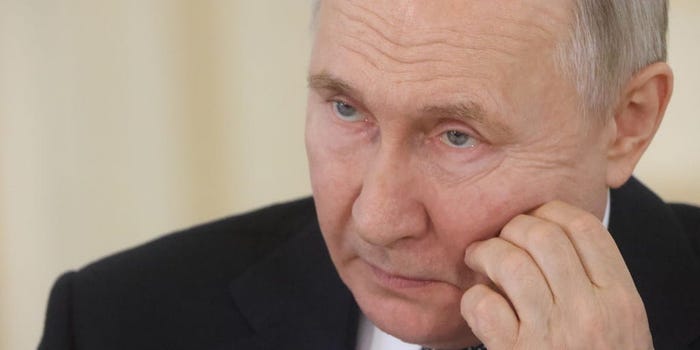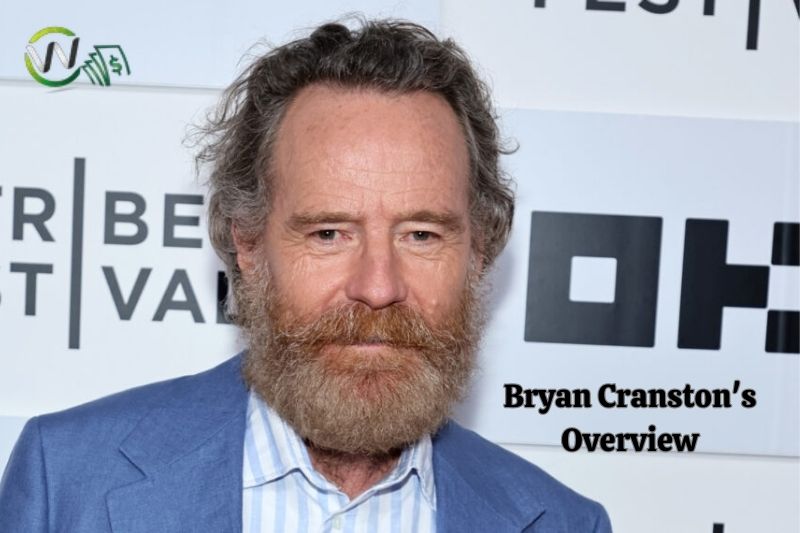The Transformation Of Russia's Economy Under Putin's War Aims

Table of Contents
The Impact of Western Sanctions on the Russian Economy
The unprecedented wave of Western sanctions imposed on Russia following the invasion of Ukraine has dealt a significant blow to its economy. These sanctions represent a multifaceted attack on the Russian financial system, trade networks, and access to global markets.
Financial Sanctions and Capital Flight
The freezing of a substantial portion of the Russian Central Bank's assets, coupled with the exclusion of several Russian banks from the SWIFT international payment system, triggered a mass capital flight and destabilized the ruble.
- Ruble Depreciation: The ruble experienced a sharp devaluation in the initial months following the invasion, although it later partially recovered due to capital controls.
- Inflation Surge: Sanctions and capital flight fueled a significant rise in inflation, impacting the purchasing power of ordinary Russians.
- Limited Access to International Markets: Russian businesses face severe restrictions in accessing international capital markets, hindering investment and economic growth. This dramatically impacts access to foreign loans and investment.
Trade Sanctions and Supply Chain Disruptions
Restrictions on exports and imports of key goods and technologies have severely disrupted Russia's supply chains and hampered its industrial production.
- Technology Imports: Sanctions targeting the technology sector have severely limited Russia's access to crucial components for various industries, including automobiles and electronics.
- Automotive Industry Impact: The automotive industry, heavily reliant on imported parts, has been particularly hard hit, experiencing significant production cuts.
- Circumventing Sanctions: Russia has actively sought to circumvent sanctions through alternative trade routes and partnerships with countries less inclined to enforce them, but these efforts have had limited success in fully offsetting the impact.
Russia's Pivot Towards Import Substitution
Faced with crippling sanctions, Russia has aggressively pursued a policy of import substitution, aiming to reduce its reliance on foreign goods and technologies.
Government Initiatives and Policies
The Russian government has implemented various programs and policies to stimulate domestic production and reduce import dependency.
- Subsidies and Tax Breaks: Significant subsidies and tax incentives are offered to domestic producers to encourage investment and production.
- Investment Incentives: The government has launched various investment programs aimed at boosting domestic manufacturing capacity across various sectors.
- Challenges and Limitations: Rapid import substitution faces significant hurdles, including a lack of advanced technology, limited skilled labor, and the need for substantial investment.
The Role of State-Owned Enterprises
State-owned enterprises (SOEs) play a central role in Russia's import substitution strategy.
- Successful Efforts: Some SOEs have demonstrated success in replacing imported goods in certain sectors, particularly in areas like food production.
- Unsuccessful Efforts: However, many import substitution efforts have struggled due to inefficiencies, lack of innovation, and a reliance on outdated technologies.
- Increased State Control: The push for import substitution has led to a further increase in state control over the economy, potentially stifling private sector innovation and competition.
The Shifting Landscape of Russia's Energy Sector
Russia's energy sector, a major source of its revenue and geopolitical leverage, has also been significantly impacted by the war and subsequent sanctions.
Impact of Sanctions on Energy Exports
Sanctions targeting Russia's oil and gas exports have had a multifaceted impact.
- EU Energy Reduction: The European Union, a major importer of Russian energy, has been actively working to reduce its reliance on Russian gas.
- Impact on Global Energy Markets: Sanctions and reduced supply have created volatility in global energy markets, driving up prices worldwide.
- Alternative Buyers: Russia has sought alternative buyers for its energy exports, primarily in Asia, but these markets may not be able to fully compensate for lost European sales.
- Revenue Impact: Reduced energy exports have impacted Russia's revenue, impacting its ability to finance the war effort and its domestic programs.
Energy Dependence and Geopolitical Leverage
Russia has historically used its vast energy resources as a powerful geopolitical tool.
- Energy as a Weapon: Russia has employed energy supply disruptions to pressure other countries, demonstrating its leverage in the global energy market.
- Long-Term Implications: The war in Ukraine and the resulting sanctions have challenged Russia's energy dominance and forced a reevaluation of its long-term energy strategy.
The Long-Term Economic Outlook for Russia
The long-term economic outlook for Russia remains highly uncertain, dependent on a multitude of intertwined factors.
Potential for Economic Recovery or Stagnation
Several scenarios are plausible, ranging from a slow recovery to prolonged stagnation.
- Recovery Scenario: A potential recovery could hinge on effective import substitution, diversification of trade partners, and a resolution of the Ukraine conflict.
- Stagnation Scenario: Prolonged conflict, continued sanctions, and internal economic inefficiencies could lead to sustained economic stagnation or even decline.
- Expert Opinions: Economists offer varying forecasts, highlighting the significant uncertainty surrounding Russia's future economic trajectory.
Social and Political Consequences
The economic transformations are likely to have significant social and political consequences.
- Unemployment and Inflation: High inflation and potential unemployment could trigger social unrest and dissatisfaction.
- Government Response: The Russian government's response to these challenges will play a crucial role in shaping the socio-political landscape.
- Impact on Public Opinion: The economic hardships resulting from the conflict and sanctions could impact public opinion and political stability.
Conclusion
The transformation of Russia's economy under Putin's war aims has been dramatic and far-reaching. The impact of Western sanctions, the ambitious (yet often flawed) push for import substitution, and the evolving role of the energy sector have profoundly reshaped the Russian economic landscape. The long-term outlook remains uncertain, with potential for both recovery and prolonged stagnation, carrying significant social and political consequences. Understanding the transformation of Russia's economy under Putin's war aims is crucial. Continue your research and stay informed on this dynamic and evolving situation.

Featured Posts
-
 Amanda Holdens Controversial Dog Grooming Habit Revealed
May 29, 2025
Amanda Holdens Controversial Dog Grooming Habit Revealed
May 29, 2025 -
 The Ongoing Battle Car Dealerships Resist Ev Mandate Push
May 29, 2025
The Ongoing Battle Car Dealerships Resist Ev Mandate Push
May 29, 2025 -
 Bryan Cranston Net Worth 2025 How Much Has He Earned
May 29, 2025
Bryan Cranston Net Worth 2025 How Much Has He Earned
May 29, 2025 -
 The Best Office Chairs For 2025 Comfort Support And Style
May 29, 2025
The Best Office Chairs For 2025 Comfort Support And Style
May 29, 2025 -
 Badetemperaturer I Norge Sjekk Vaeret For Du Hopper
May 29, 2025
Badetemperaturer I Norge Sjekk Vaeret For Du Hopper
May 29, 2025
Latest Posts
-
 The History And Folklore Of Rosemary And Thyme
May 31, 2025
The History And Folklore Of Rosemary And Thyme
May 31, 2025 -
 Rosemary And Thyme Your Guide To Cultivating These Powerful Herbs
May 31, 2025
Rosemary And Thyme Your Guide To Cultivating These Powerful Herbs
May 31, 2025 -
 A Guide To Combining Rosemary And Thyme For Maximum Flavor
May 31, 2025
A Guide To Combining Rosemary And Thyme For Maximum Flavor
May 31, 2025 -
 Exploring The Differences Between Rosemary And Thyme Flavor Profiles And Uses
May 31, 2025
Exploring The Differences Between Rosemary And Thyme Flavor Profiles And Uses
May 31, 2025 -
 Rosemary And Thyme Recipes Simple Dishes With Big Flavor
May 31, 2025
Rosemary And Thyme Recipes Simple Dishes With Big Flavor
May 31, 2025
